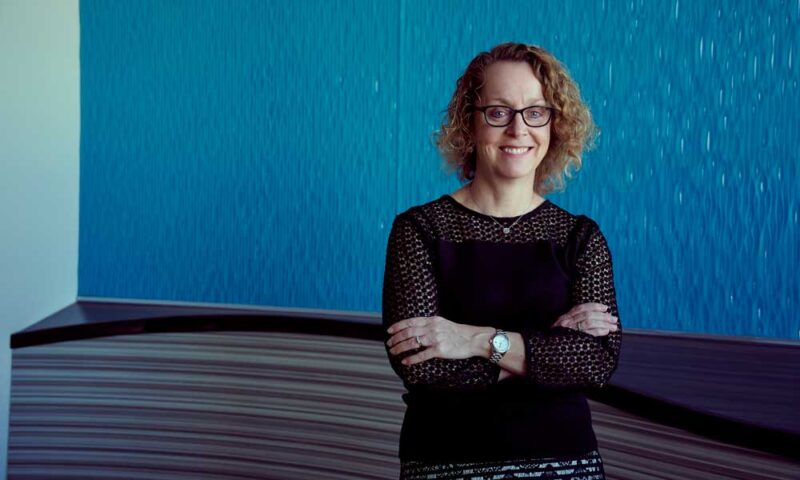
Cancer Researcher Dr. Donna Johnston on Listening to Understand
Compassionate, empathetic listening makes all the difference in the face of challenging situations.
They say in medical school that you get 10 percent of the patient’s story from the physical exam, and 90 percent from the patient’s history. If you can’t see it, or you can’t feel it, the only way you get to the heart of what’s going on is from listening to the patient. And that’s why it’s so critical to listen and ask questions.
In fact, we’re actually moving toward an approach in medicine known as patient-reported outcomes. We ask patients their symptoms, we look to the patient to express the situation. They’re the ones who know how they feel, and it’s up to the physician to listen and incorporate what they’re telling us into a treatment plan as we put the story together. Our job is to ask directed questions and listen intently to the answers, not jump to conclusions.
I’m a pediatric oncologist, but I believe listening is critical not just in my field but as an overall driver of positive outcomes in work situations and relationships, too.
Listening With Compassion and Empathy
A key piece of active listening is doing so with compassion and empathy. In oncology, these factors are super important as a way to contextualize the patient’s bigger picture.
You need to understand not just the data points on paper, but what is really important to the patient. Maybe they have an abdominal mass, but it’s the nausea that is urgently distressing them. So to truly help the patient, you need to understand their concerns. You need to be empathetic and not have your own agenda.
When you have empathy, you can get to the most important thing the patient needs. And even if you’re not able to solve the problem, this process of empathetic listening acknowledges the patient and lets them know they’ve been heard.
This principle applies not just to patients and physicians, but to all types of situations in life. People want to be heard, need to be heard. And it’s not just that you’re hearing but you’re really listening to someone who has come to you with their concerns. Even if you can’t help them with the problem at hand, listening and acknowledging makes a big difference to them.
Developing Listening Skills
In medicine, we learn things everyday about listening. Each time an upset patient challenges you, you learn different ways and skills for how to deal with unique situations. Every person is an individual and you can’t relate with any two people the exact same way. Every new challenge poses a chance to grow and develop those key listening skills.
Listening, acknowledging, getting feedback—it’s a natural talent some people have, but anybody can also learn it. You only need to be open to learning it. And it really serves you well if you invest in developing this essential skill, whether you work in medicine or any other field.
I’ve seen it modeled by many mentors. I remember my very first day of fellowship in oncology, we had a new diagnosis in a leukemia patient. The staff person that I went in with approached the patient with an open demeanor and without his own agenda. He was listening to the patient’s parents without rushing them, and he was adding to the discussion. That was 23 years ago, and it still resonates with me every time I go in to see a family coping with a diagnosis. It was amazing to watch, and to model my approach after.
We look at lab values all day, but it’s important not to lose sight of the whole picture: That the lab values exist in the context of the actual child.
That’s a takeaway that can serve everyone well in challenging situations. It’s about taking a step back, and taking in the whole picture and not just acting on impulse, or acting in a vacuum. Being able to do this effectively comes with experience, and it requires being detail oriented.
But being able to successfully evaluate the big picture, along with meaningful listening, are so fundamental to driving positive outcomes that really matter to people’s lives.
Canada offers business events hosted in the country a national network of thought leaders and industry champions that span industries and ecosystems. Connecting with key influencers to enhance conference programming, augmenting your speaker schedule and developing customized technical tours is as easy as connecting directly with the Destination Canada Business Events team.





